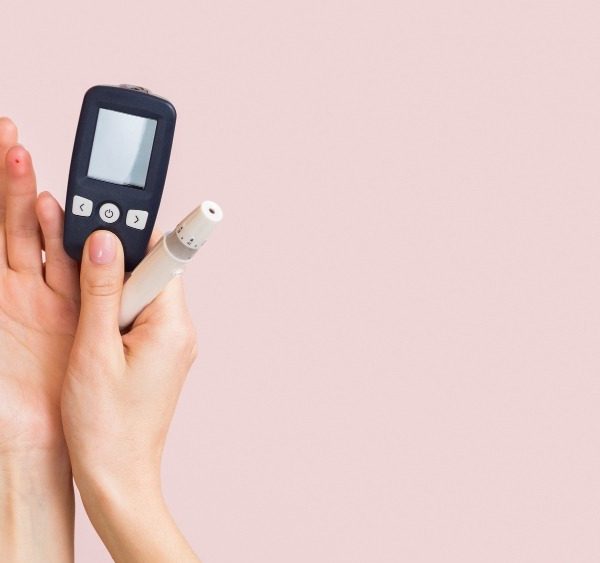The Three Rs of Habit Change: How to Break Bad Habits and Form Good Ones
Habits are a fundamental part of human behavior. From the way we brush our teeth to the route we take to work, our lives are full of repeated actions that have become automatic over time. But while habits can simplify our lives and free up mental energy, they can also have negative consequences. Bad habits like smoking, overeating, and procrastination can have serious impacts on our health, relationships, and career prospects.
Fortunately, breaking bad habits and forming new ones is not an impossible task. The key is to understand the science of habit formation and to implement strategies that can help us create lasting change. One such strategy is the Three Rs of habit change: Reminder, Routine, and Reward. The Reminder is the trigger that prompts us to engage in a behavior. This can be anything from a specific time of day to a particular sight, smell, or sound. Once we’ve identified the reminder, we can begin to change the habit by altering the Routine, or the behavior itself. This can be done by substituting a new behavior for the old one. Finally, we need to create a new Reward for the new behavior. Rewards are important because they reinforce the new habit and make it more likely to stick.
In this blog post, we’ll explore the science of habit formation and how it applies to breaking bad habits and forming new ones. We’ll delve into the Three Rs of habit change, and provide practical tips and strategies for implementing them in your own life. We’ll also look at some common obstacles to habit change and how to overcome them.
Whether you’re looking to quit smoking, lose weight, or be more productive at work, understanding the science of habit formation and implementing the Three Rs of habit change can help you achieve your goals. With the right mindset, approach, and support, breaking bad habits and forming new ones is a journey that’s well worth taking.
Reminder
The first step to changing a habit is to identify the reminder that triggers it. A reminder is a cue that prompts us to engage in a behavior. For example, if you find yourself snacking every afternoon, the reminder might be the time of day, the sight of the vending machine, or the sound of your coworker unwrapping a candy bar. Once you’ve identified the reminder, you can begin to change the habit.

Routine
The second step is to change the routine, or the behavior itself. This can be done by substituting a new behavior for the old one. For example, instead of snacking on junk food, you might bring a piece of fruit or a healthy snack to work. By replacing the old routine with a new one, you can break the habit and establish a new one.
Reward
The third step is to create a new reward for the new behavior. Rewards are important because they reinforce the new habit and make it more likely to stick. For example, if you replace your afternoon snack with a healthy alternative, the reward might be feeling more energized or satisfied. By focusing on the reward, you can make the new habit more appealing and sustainable.
These three steps can be summarized as the “Three Rs” of habit change: Reminder, Routine, and Reward. By following this framework, you can break bad habits and form good ones that will lead to long-term success.
But, how do these principles work in practice? Let’s take a closer look at an example:
Say you want to establish a habit of going to the gym every morning. You might begin by identifying the reminder: the alarm clock that wakes you up. Then, you could change the routine by going to the gym instead of hitting the snooze button. Finally, you could create a reward for yourself, such as feeling more energized throughout the day or reaching a fitness goal.
Of course, establishing a new habit is easier said than done. It takes time, effort, and patience to break old habits and form new ones. Here are a few additional tips to help you along the way:
Start small. Focus on one habit at a time, and start with something that’s achievable.
Be consistent. The more you repeat the new behavior, the easier it will become.
Surround yourself with support. Find a friend or family member who shares your goals and can provide encouragement along the way.
By following the Three Rs of habit change and incorporating these additional tips, you can overcome the challenges of breaking bad habits and form new ones that will lead to long-term success. Remember, changing habits is a journey, but with the right mindset and approach, it’s a journey that’s well worth taking.
Conclusion
In conclusion, habits are a powerful force in our lives, shaping our daily routines and influencing our long-term outcomes. Breaking bad habits and forming new ones can be challenging, but with an understanding of the science of habit formation and the Three Rs of habit change, it is possible to create lasting change. By identifying the Reminder that triggers a behavior, changing the Routine, and creating a new Reward for the new behavior, we can establish new habits that lead to long-term success. Remember, changing habits is a journey, but with the right mindset, approach, and support, it’s a journey that’s well worth taking.










Share this article